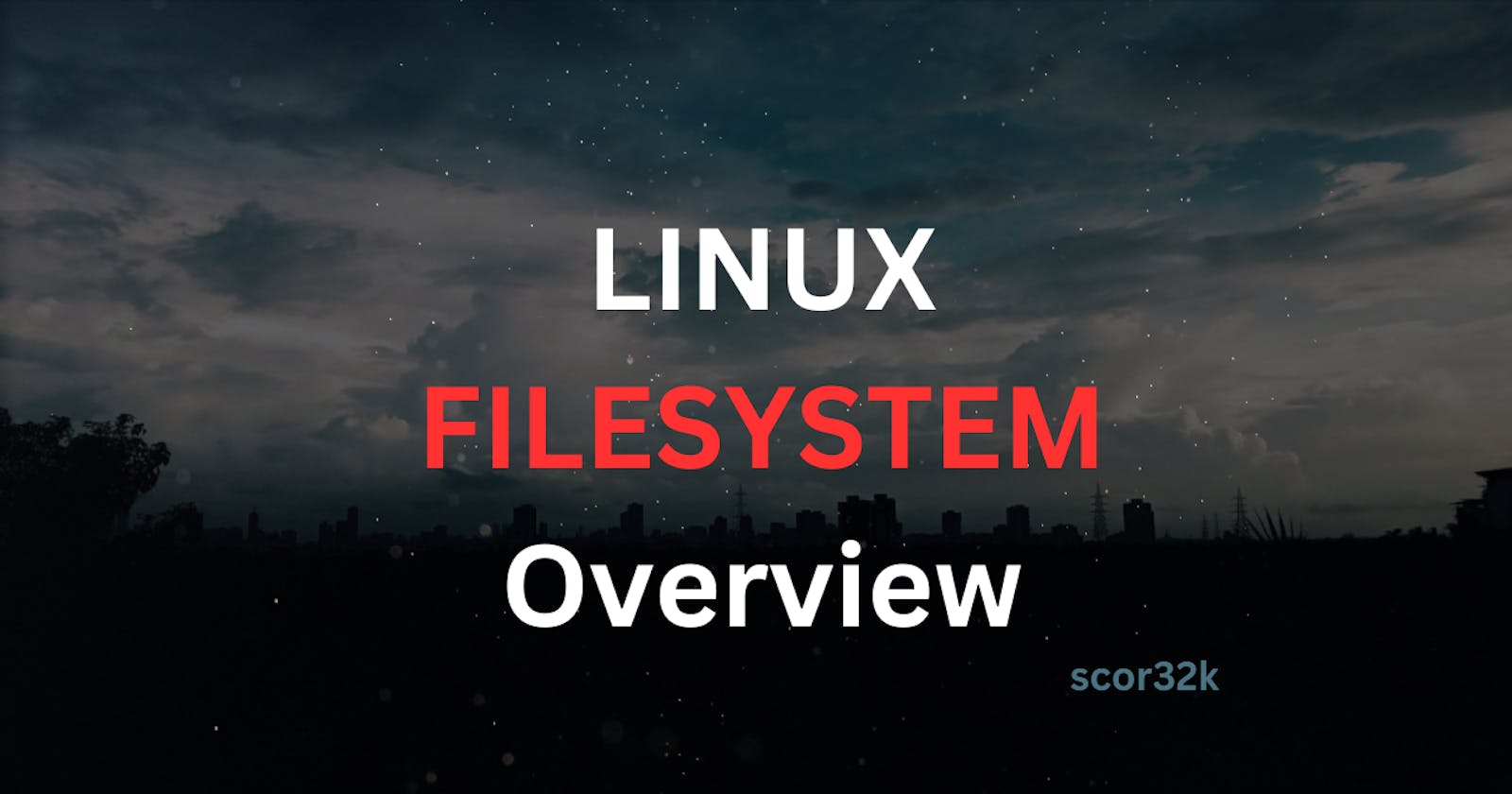In one line
/bin -> Program and commands that all users can run
/boot -> All the files needed at boot time
/dev -> special files that represent the device on your system
/etc -> configuration files eg. MySQL, Oracle
/home -> user home directories
/home/scor32k -> home directory for the scor32k user
/tmp -> space for programs to create temporary files
/usr -> programs and data usable by all users
/var -> system log and spool files
Brief
/ - The root directory of the entire filesystem hierarchy, everything is nestled under this directory.
/bin - Essential ready-to-run programs (binaries), include the most basic commands such as ls and cp.
/boot - Contains kernel boot loader files. /dev - Device files.
/etc - The core system configuration directory, should hold only configuration files and not any binaries.
/home - Personal directories for users, hold your documents, files, settings, etc.
/lib - Holds library files that binaries can use.
/media - Used as an attachment point for removable media like USB drives. /mnt - Temporarily mounted filesystems.
/opt - Optional application software packages.
/proc - Information about currently running processes.
/root - The root user's home directory.
/run - Information about the running system since the last boot.
/sbin - Contains essential system binaries, usually can only be run by root.
/srv - Site-specific data which are served by the system.
/tmp - Storage for temporary files
/usr - This is unfortunately named, most often it does not contain user files in the sense of a home folder. This is meant for user installed software and utilities, however, that is not to say you can't add personal directories in there. Inside this directory are sub-directories for /usr/bin, /usr/local, etc. /var - Variable directory, it's used for system logging, user tracking, caches, etc. Basically anything that is subject to change all the time
If the article helps you leave a like, follow, or anything 🙂.
You can follow me on LinkedIn and GitHub.
